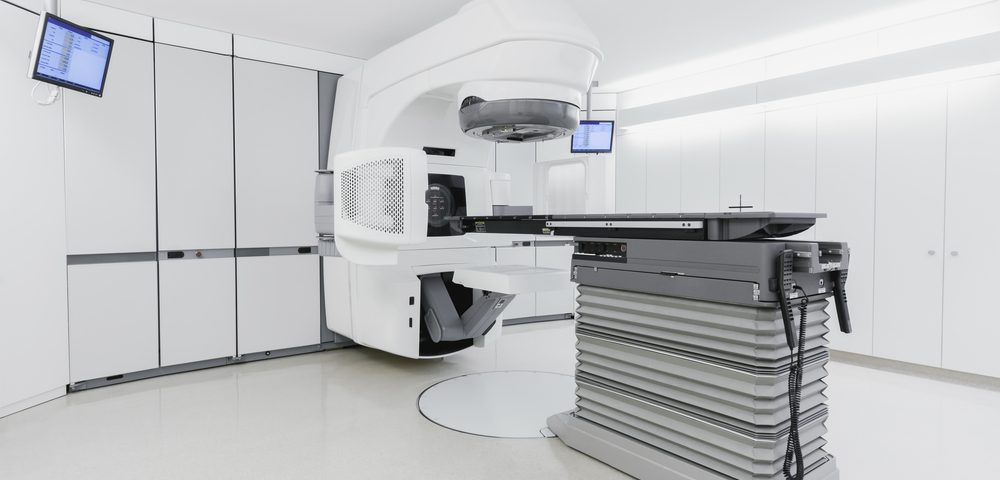Loss of a tumor suppressor protein called PTEN may predict the risk of breast cancer recurrence in patients who undergo radiotherapy, preclinical research shows.
PTEN is a well-known tumor suppressor. It prevents uncontrolled cell growth, but because it is often mutated in human cancers, its deficiency contributes to the development of tumors.
Low levels of the protein predisposes breast cells to defects that may promote the recurrence of cancer in response to radiotherapy.
Screening the PTEN levels in breast cancer patients may help identify those who will benefit most from radiation therapy and those at risk of cancer recurrence due to the treatment.
At-risk women may benefit from combining radiation therapy with a specific type of inhibitor, the researchers found.
The study, “Stromal PTEN determines mammary epithelial response to radiotherapy,” was published in the journal Nature Communications.
Researchers at the Medical University of South Carolina (MUSC) and Ohio State University built on prior research suggesting that breast tumors could be fueled by PTEN-related alterations occurring in neighboring, apparently normal cells of the breast.
To take a closer look at these PTEN-mediated alterations, they used the HER2 mouse model of breast cancer, and engineered these mice to lack the protein on breast stroma, the connective tissue that gives support and bridges communication between breast cells.
In these mice, the researchers found that the loss of PTEN transforms mammary epithelial cells, those that line the milk ducts, making them more prone to genomic instability caused by exposure to radiation.
A single dose of whole-body radiation treatment triggered breast cell overgrowth, or hyperplasia, a condition that can be a precursor of cancer.
Consistent with the observations done in mice, an examination of samples from HER2-positive breast cancer patients who underwent radiotherapy showed that low PTEN in stroma was associated with a higher return of estrogen receptor alpha (ER)-positive cancer.
“The results suggest that PTEN loss in normal cells may be a biomarker for identifying breast cancer patients who would benefit from adding specific inhibitors in combination with the standard radiation therapy,” Michael C. Ostrowski, PhD, a professor at MUSC, member of the MUSC Hollings Cancer Center, and senior author of the study, said in a press release.
In fact, researchers discovered that one particular inhibitor helped keep these radiation-induced alterations from happening when PTEN is lost.
When PTEN-deficient mice were treated with Tarceva (erlotinib) prior to the radiation treatment, it prevented the occurrence of pretumoral cellular changes.
This therapy, currently approved for small lung cancer and pancreatic cancer, blocks the activation of a cellular pathway involved in multiple cancers called EGFR signaling.
The results suggest that preventive treatment with EGFR inhibitors could reduce the risk of cancer recurrence in women with low PTEN levels who are receiving chest radiation.
“Combined, these data indicate that diagnostic or therapeutic chest radiation may predispose patients with decreased stromal PTEN expression to secondary breast cancer” the researchers wrote in the study.
This important discovery warrants further investigation to see if stromal PTEN could be used as a biomarker to predict radiation response among breast cancer patients.
“In those patients exhibiting low stromal PTEN, pre-treatment with an EGFR inhibitor prior to radiation could possibly spare normal breast tissue from radiation-induced genomic instability and subsequent transformation,” the team said.

